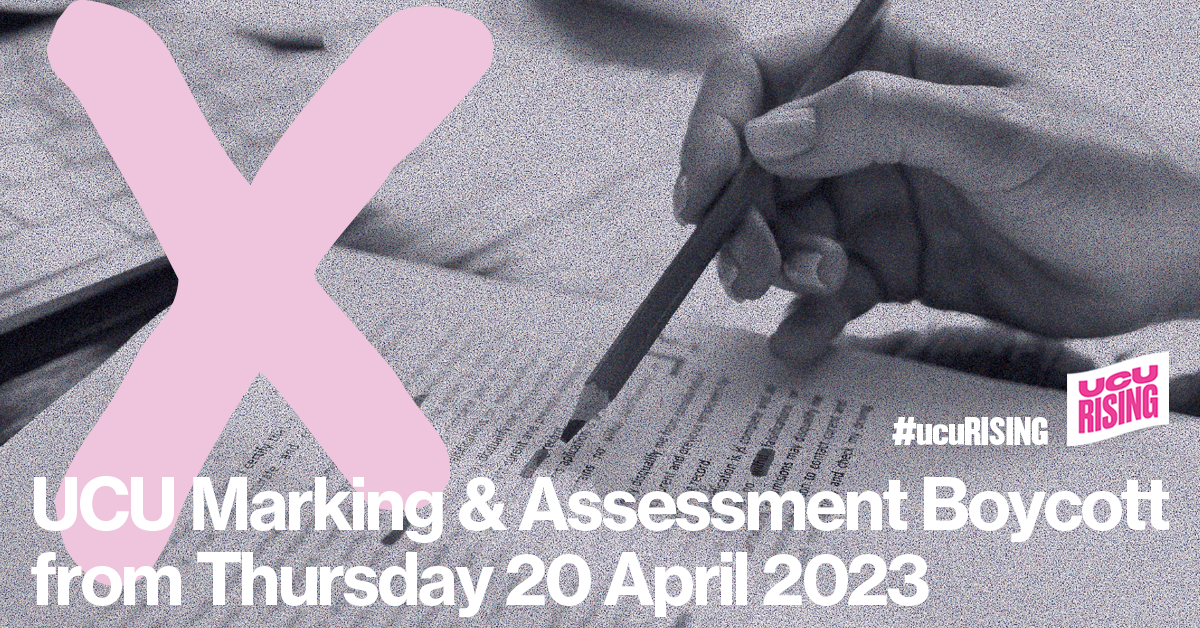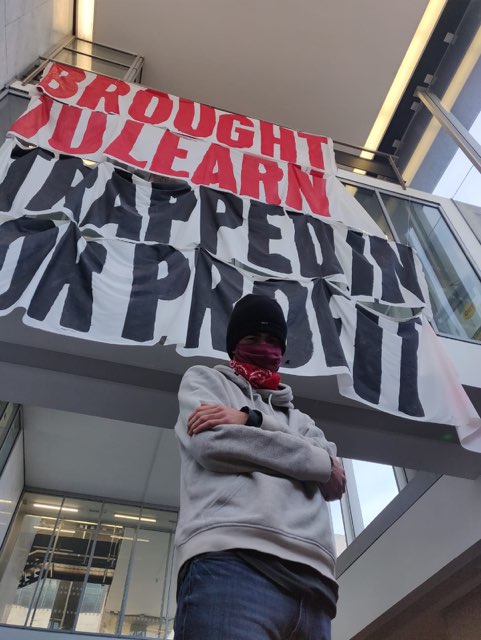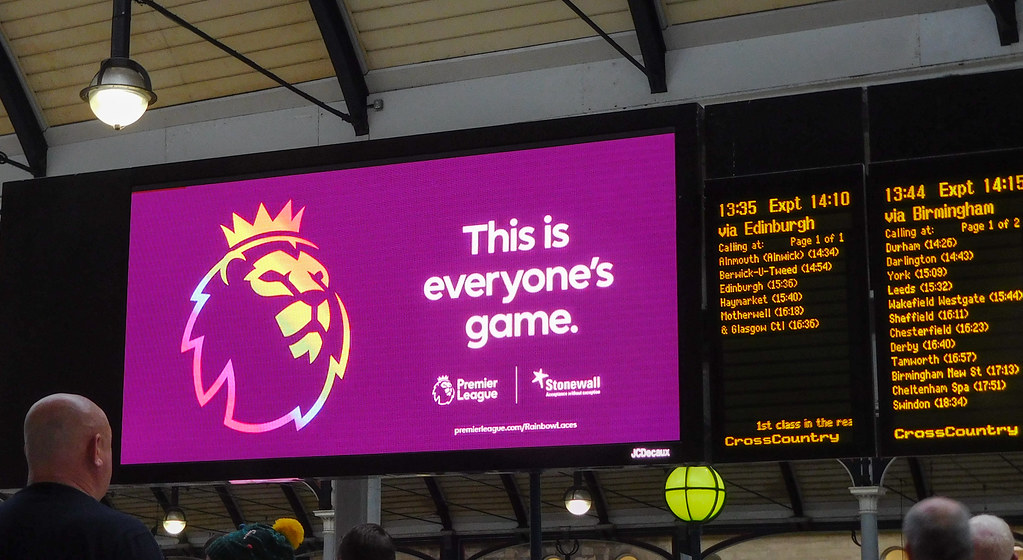On Thursday 20 April, academics at 145 UK universities were given the go-ahead by the UCU to partake in marking and assessment boycotts after its members rejected the latest pay and working conditions.
University bosses nationally have now threatened members who are found to be partaking in the industrial action up to a 100 per cent pay deduction, including members at the University of Sheffield.
Jo Grady, General Secretary of the UCU said: “If you follow through on those threats, our union will call more strike action. We will escalate this marking and assessment boycott even further.
However, she added ‘There is time to avoid this’.
She said: “There is time to revoke the threats. There is time to put a better offer on the table. We all want to get back to the important jobs we do in education and research.”
However, not everyone feels this action is justified.
Yeyah, a first-year University of Sheffield Linguistics student, thinks the marking boycott is ‘absolutely disgraceful’.
He said: “I think it’s a terrible way of trying to get any situation solved. There are far more mature ways to actually solve these problems.
“I think the marking boycott is absolutely disgraceful. I’m paying to come to one of the greatest universities in the World and I’m incredibly disappointed they can’t sort out small problems like this.
When discussing the pay cuts lecturers will receive for the boycott, Yeyah added: “If they don’t mark their papers, they really deserve to get their pay cut. They ought to do their job, so if they’re going to get a pay cut for not doing their job, I think that’s fair.”
However, Yeyah is not alone. Paul Nowak, General Secretary of the Trades Union Congress said: “Solidarity to every UCU member taking part in the marking and assessment boycott, fighting for decent pay and conditions. Shame on university bosses threatening to deduct 100% of pay – bully-boy tactics have no play in our universities.”
This action comes after 56% of the 36,000 UCU members rejected offers on pay, ending zero-hour contracts and reducing workloads, to come to a conclusion on the ongoing issues.
Since strike action began in 2018, the UCU hopes the latest round of industrial action will allow its members to come closer to a conclusion.
Following a six-day strike last month, UCU members voted to extend the union’s right to strike for another six months. The decision to boycott was included in the options for actions short of a strike (ASOS) contained in the recent ballot paper.
The staff taking part in the marking boycott will stop all summative marking and associated assessment duties for all levels of students in higher education and professional training, affecting the results of thousands of students nationwide.
Of the 145 universities, two Sheffield universities will participate: The University of Sheffield and Sheffield Hallam.
A lecturer at the Social Sciences faculty at the University of Sheffield, who will be participating in the boycott said: “We just want to be valued for the work we do whilst also supporting our students.
While the lecturer said it wasn’t an easy choice to make, they felt like they had no other option.
They said: “We know this choice is not easy and will be harmful, but we’re not being listened to, I hope they will listen to the students.
“It’s just really sad how the students have been treated more like banks, than human beings, things need to change, they added.”
The boycott will continue until the current disputes are settled, the UCU calls the boycott off, or at the end of the industrial action ballot mandate.
In a statement made by Ian Wright, Director of HR at the University of Sheffield to their colleagues, they stated the boycott ‘presents significant challenges for our University community.’
“Protecting students’ interest is our priority throughout this upcoming action, so we are doing whatever we can to mitigate the impact on them, including ensuring marking and assessment are completed as required, to enable students to progress and graduate”, he added.
As the boycott is not restricted to final examinations and final projects, students fear potential delays in their results could alter their graduation dates.
The number of student complaints hit a record high in 2022, according to the Office of Independent Adjudicator.
In 2022, over 2,850 complaints were received, a rise of three per cent from 2021. Of these complaints, a total of over one million pounds was awarded in compensation.
This demonstrates the ongoing issues are not just affecting staff members, but also continue to affect their paying students.
A third-year University of Sheffield student, who has just handed in her dissertation, stands in solidarity with the boycotting members.
She said: “It’s going to be a bit of an inconvenience to everybody who wants to graduate on time, as it is going to impact everybody quite badly.
“They’re doing it for a reason. They should do what’s best for them and the university should support them, but it makes you realise the university is a business and they’re out for themselves.”
The UCU urges its members and the public to donate to the ‘fighting fund’ in order to protect and support its members participating in the action and involved in disputes.




